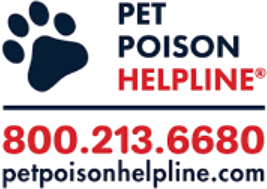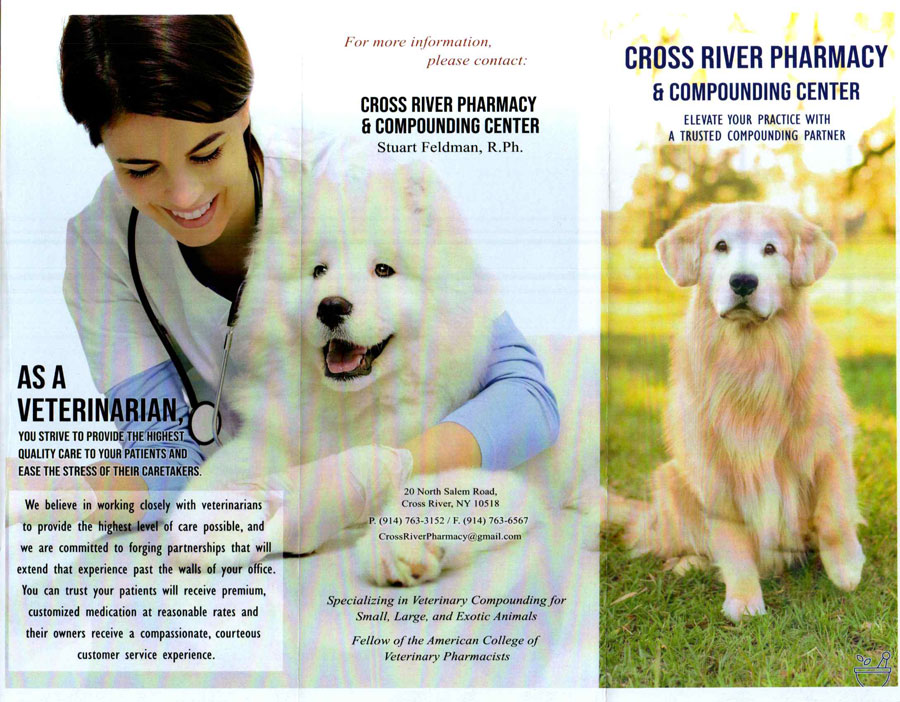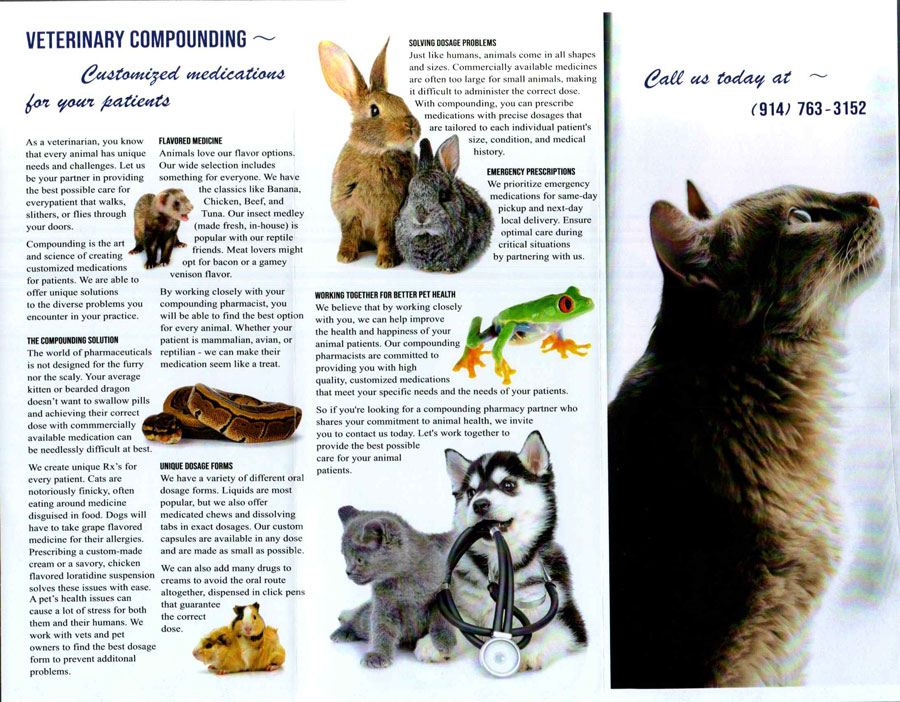American Heartworm Society
More than a million pets in the U.S. have heartworms. But heartworm disease is preventable.
True to its mission of leading the veterinary profession and public in understanding heartworm disease, the American Heartworm Society aims to further scientific progress in the study of heartworm disease, while informing its membership of new developments. The Society currently invests hundreds of thousands of dollars a year in heartworm research, both directly and through grants to the Morris Animal Foundation.
Every three years, the American Heartworm Symposium draws researchers and veterinarians from all over the world to present, hear and discuss the latest scientific information on heartworm disease. These presentations are also published in a peer-reviewed proceedings, and the information is shared with the wider veterinary community through the communications efforts of the Society.
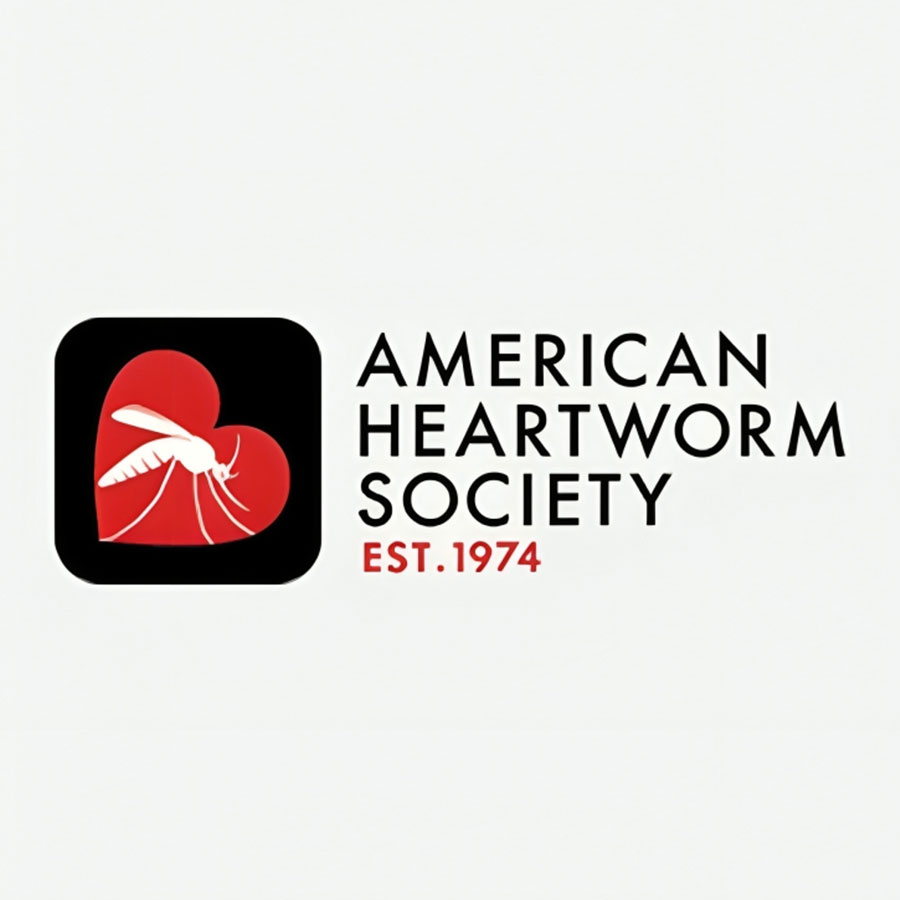
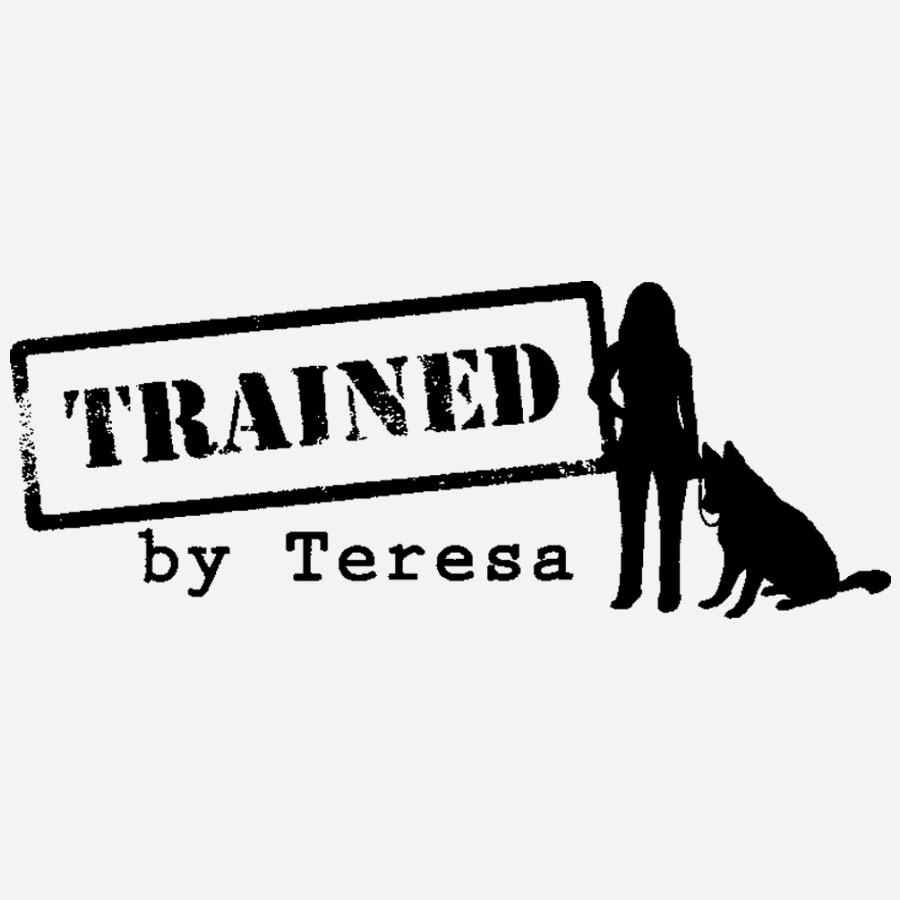
Puppy Obedience Training
Puppy Kindergarten is a great way to start your relationship with your new puppy off in the right direction. Classes cover early socialization, manners, beginning obedience, body handling (for nail trimming, grooming, etc.) and preventing/managing problem behaviors.
Basic Obedience classes are for dogs over 4 months old. Classes cover all of the basic commands including leash walking, sit, down, place, come, climb and more.
Classes are 1 hour in length and run for 6 weeks. Cost $250/ 6 week session.
Teresa Stanczak, LVT 914-804-3202 trainedbyteresa@gmail.com
Wildlife Rescue & Rehabilitation
If you are looking for help with an injured or distressed animal, please call (914) 400-6014 Immediately. If you have found an injured or orphaned animal of any kind DO NOT ATTEMPT to feed or give water until you have spoken to a licensed wildlife rehabilitator. It could be the difference between life and death.
Unfortunately we do not have the resources to rehab and house wildlife at Southeast Animal Hospital, we are not able to accept walk-ins or drop offs of injured wildlife. Please call Animal Nation first and they will guide you in what the next steps are. If prompted to leave a message please do and wait for Animal Nation to call you back.


Pet Insurance
Southeast Animal Hospital requires payment in full for all services. Insurance policyholders (pet owners) can then submit the claim to their insurance for reimbursement.
Each policy is specific to the options you chose for your pet when you signed up for insurance, we wouldn’t be able to tell you what is or is not covered since we do not have the specific policy details Each company has different requirements so it’s best to reach out to the company directly with any questions.





